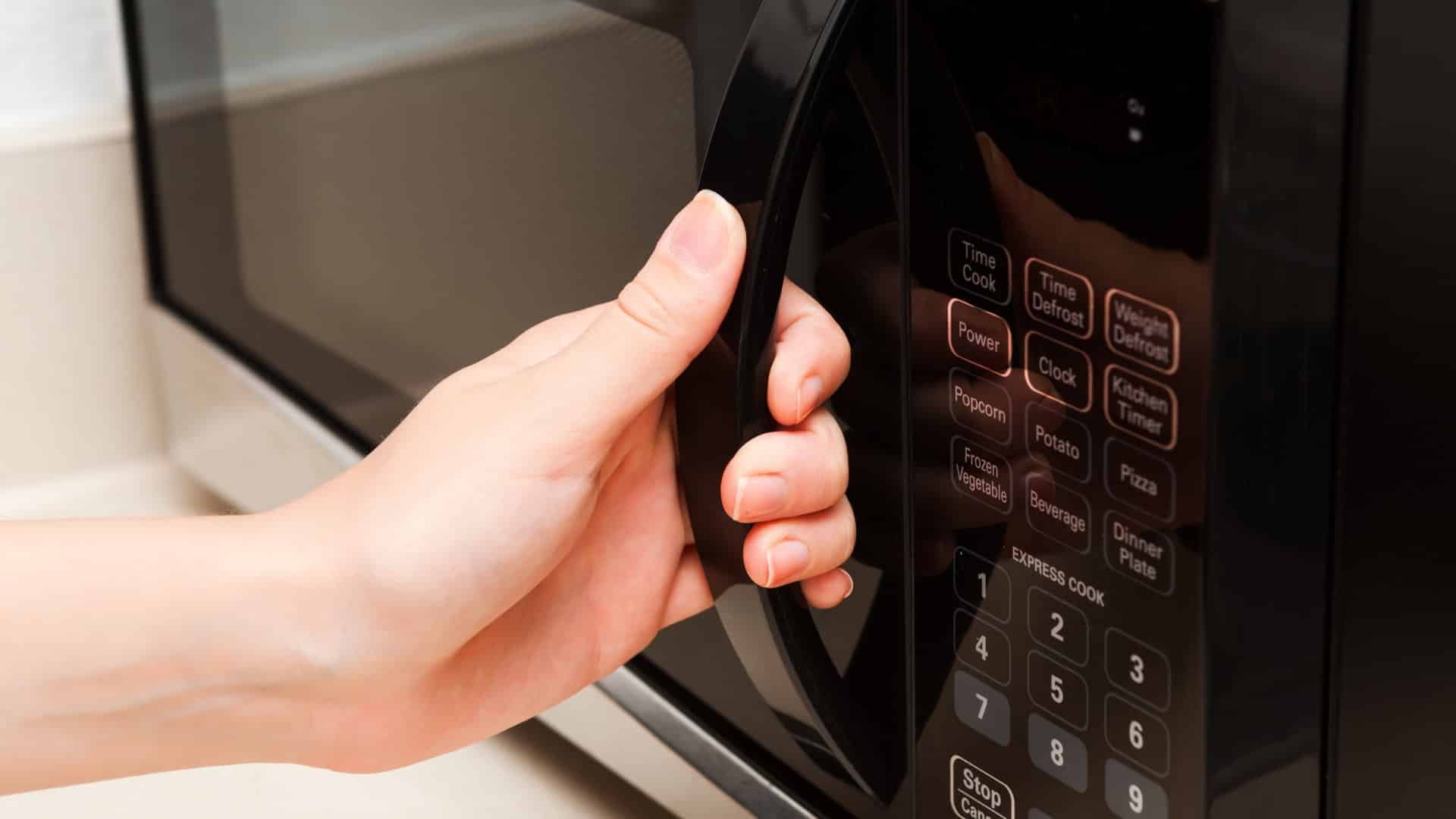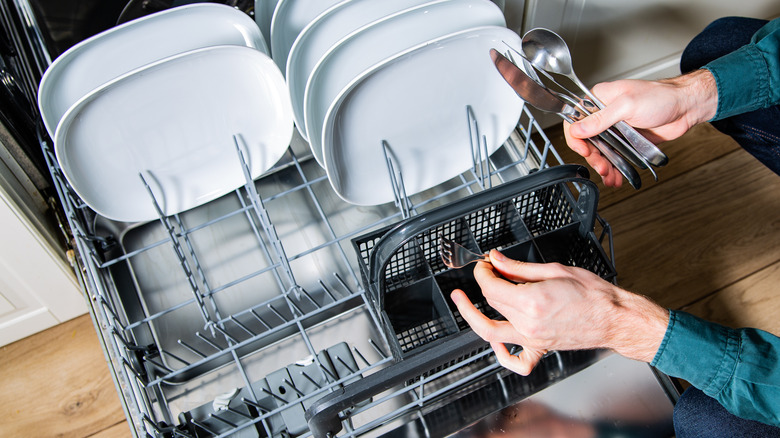Just how do you feel with regards to How to Troubleshoot & Repair a Dishwasher?

Having your dishwashing machine failure or breakdown can be a big deal and also create some discomfort in your home. Dishwashing machines are equipments that we make use of to clean meals and also flatwares instantly to save us the stress of manually doing it.
Like every other maker that reduces human initiative, dish washers can break down as well as establish some fault eventually in time. There are numerous mistakes your dishwashing machine can create, and also while several of them can be addressed by changing some components or repairing them, various other extra extreme defects will require that you obtain a brand-new dish washer.
This write-up will certainly recognize a couple of usual mistakes your dishwasher might establish to impede its general efficiency as well as just how these mistakes can be addressed.
Usual Faults
Common dishwasher faults could range from minor to major ones. Depending on the extent, you will either need the services of professional plumbings to repair or replace it.
A few of the most typical faults include:
Leaky Dishwasher
This is probably the most day-to-day dish washer trouble, and also the bright side is that it is simple to determine. Leaks happen due to numerous factors, as well as the leaks can make a mess of your kitchen. Usual sources of dish washer leakages consist of;
If your dishes as well as cutleries come out of the dish washer as well as still look unclean or unclean, your spray arms might be a trouble. Oftentimes, the spray arms can obtain blocked, and also it will need a quick clean or a substitute to work successfully again.
Failure to Drain pipes
In some cases you might notice a big quantity of water left in your tub after a clean. That is probably a drain trouble. You can either check the drain tube for damages or obstructions. When doubtful, get in touch with an expert to have it examined and fixed.
This is an additional common dishwashing machine trouble, and it is primarily triggered by food particles or grease remaining in the equipment. In this situation, seek these particles, take them out as well as do the dishes without any meals inside the equipment. Wash the filter thoroughly. That will aid remove the bad odor. Ensure that you get rid of every food particle from your dishes before transferring it to the maker in the future.
Verdict
Some of these common dishwashing machine mistakes can be taken care of conveniently in the house, but in some cases, the faults could be huge as well as may need the interest of experts. If you stay in Rochester, Syracuse, and also various other parts of America, allowed the specialists properly diagnose what could be wrong with your dishwasher as well as proffer a service.
We likewise set up dishwashing machines if you simply got a brand-new one or mean to change your very own. With our several years of experience in the market, we make sure to provide you the very best possible services.
8 Most Common Dishwasher Problems & How to Fix Them
My Dishwasher Isn't Draining
If your dishwasher isn't draining properly, you may be having an issue with your dishwasher's drainage system. This can be caused by a variety of issues:
Clogged drain: The dishwasher's drain may be clogged with food particles or other debris. Malfunctioning pump: The dishwasher's pump is responsible for moving water through the system and out of the drain. If it's damaged or not working correctly, it could cause a drainage failure. Broken or clogged hose: The dishwasher's drain hose may be broken or clogged, causing water to back up in the system. How to Fix Dishwasher Not Draining
Check the drain for any blockages. A clogged or kinked hose will prevent water from properly draining out of the dishwasher. Use a plunger or a pipe snake to clear any debris that may be blocking the drain. Check the dishwasher's pump for damage or malfunction. Consult the manufacturer's manual or call a professional appliance repair service if you think the pump may be the issue. Check the drain hose for any damage or blockages. The hose should be straight and free of any debris or kinks. Check the drain pump filters for any blockages if the hose is clear, but the dishwasher is still not draining. Some dishwashers have filters that can become clogged with food particles or debris. Cleaning or replacing the filters may help resolve the issue. Run a dishwasher cycle to make sure the water is properly draining out. My Dishwasher Is Leaking
A leaking dishwasher can be frustrating. There are a few possible causes that you can investigate to try and diagnose the issue:
Inspect the dishwasher for any visible signs of damage or wear and tear. Look for cracks or holes in the door and around the rubber seal. Check the hoses and pipes connected to the dishwasher for any signs of leaking. If there is no visible damage, you may hear the sound of water dripping or the sound of the water pump running. This might mean a problem with the water inlet valve or the drain pump. You may also notice a puddle of water on the floor near the dishwasher. This could indicate a blocked drain hose or a faulty drain pump. Finally, check the seals around the door and the door for any signs of damage, wear and tear, or improper installation. If any of these issues are present, they must be fixed immediately to avoid further water damage. How to Fix a Leaky Dishwasher
Identify where the leak is coming from. The most common places for a dishwasher to leak include the door, hoses, and pump. If the leak is coming from the door, the gasket or seal may need to be replaced. If the leak is from the hose or pump, the damaged parts should be replaced with new ones. Finally, check all the connections and make sure they are secure and not leaking How to Fix a Dishwasher That Won't Start
The perfect remedy for a dishwasher that won't start is confirming all the components are in perfect working order and that the wiring is in good condition. Next, inspect the motor and replace it if necessary.
If these steps do not resolve the problem, contact a professional appliance repair technician to diagnose and fix the issue.
Conclusion
Most dishwashers are reliable appliances with a long lifespan. As with all devices, checking your dishwasher regularly will help you quickly identify any issues and ensure that it is running efficiently.
And if you're in the market for a new dishwasher, don't let dishwasher problems ruin your day. Upgrade to a reliable, efficient model today! Check out our full selection of top-quality dishwashers that includes a range of styles and features to suit any budget and household needs.
https://www.coastappliances.ca/blogs/learn/common-dishwasher-problems

I'm very inquisitive about Why is My Dishwasher Not Cleaning Properly? and I am assuming you enjoyed our blog post. Enjoyed our content? Please share it. Let another person discover it. Thanks for your time. Visit us again soon.
Phone